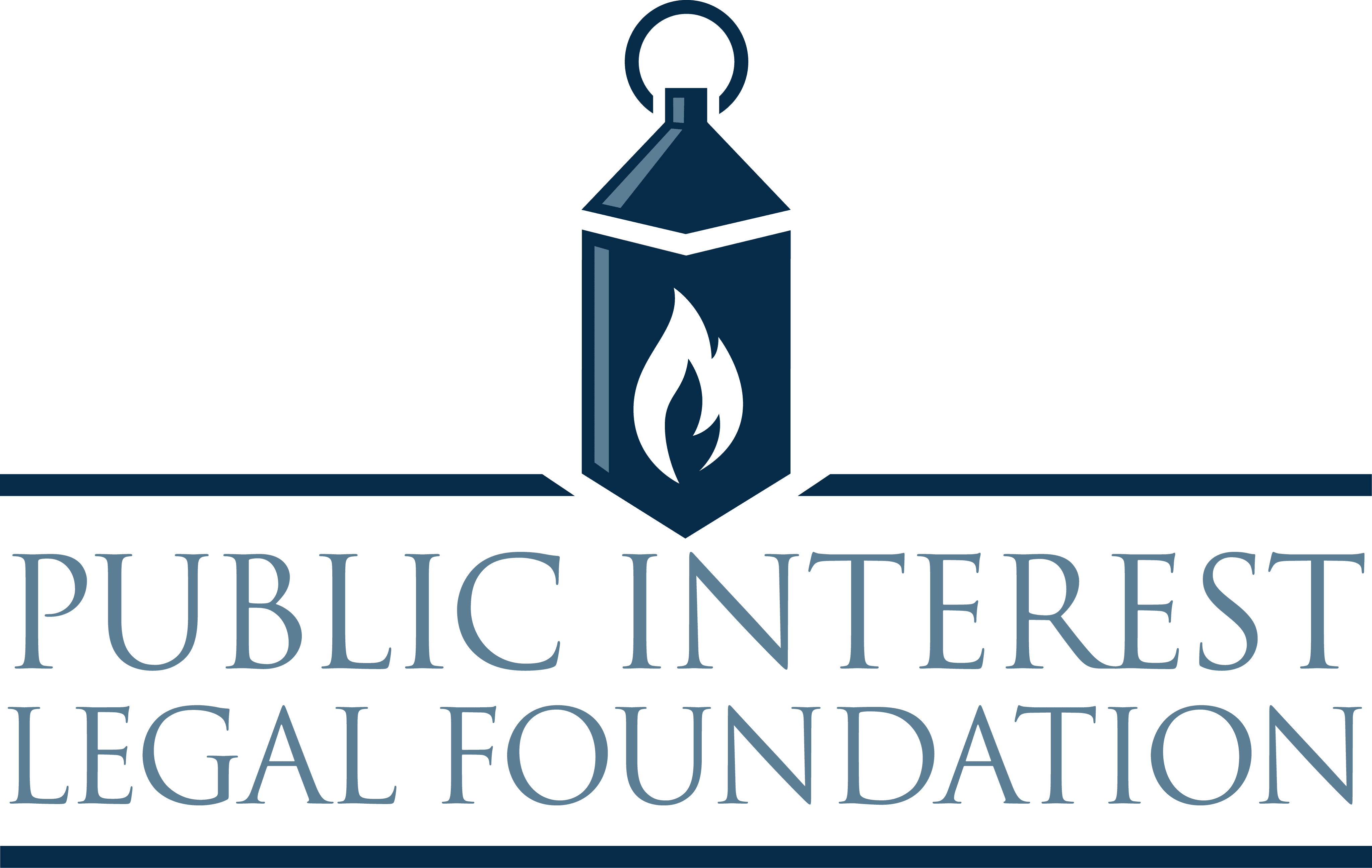By: Margot Cleveland
Virginia’s gubernatorial race is seen as a national bellwether. With the most recent polls showing Republican Glenn Youngkin, a former underdog, tied with his Democrat rival Terry McAuliffe, the outcome of the Nov. 2, 2021 election seems sure to rest on the smallest of margins.
The more important trend for Americans to consider, however, lies not in the tight election, nor even in the party affiliation of the eventual victor, but on efforts by local election officials to violate state law to profit their preferred candidate.
A lawsuit filed last Wednesday in the Circuit Court of Fairfax County, Virginia against the county registrar and three members of the Fairfax County Electoral Board exposed election officials’ ongoing disregard for state election law. In the plaintiffs’ concise 10-page complaint, the Virginia Institute for Public Policy (VIPP), a public-policy organization dedicated to election integrity, alleged the “Defendants are accepting and approving applications for absentee and mail-in ballots that do not include information required by Virginia law, namely, the last four digits of the applicant’s Social Security number.”
Mail-In Ballots Without Voter Authentication
Attaching to the complaint a sworn affidavit, the VIPP noted that “as of October 14, 2021, Defendants have accepted and approved approximately and at least 339 absentee and mail-in ballot applications that do not include the required portion of the Social Security numbers.” The complaint further alleged that the county officials continue to approve applications for mail-in and absentee ballots that lack the legally required final four Social Security digits.
The affiant, Christine Brim, identified as a voter of Fairfax County, also stated under oath that Stephen Hunt, the chairman of the Fairfax County Electoral Board, had confirmed in an email that the county’s general registrar “had instituted a procedure to approve absentee ballot applications on which the applicant has not provided the last four digits of his or her Social Security number.”
Once the applications are approved, the county will mail ballots to the unauthenticated voters for the November election. Doing so, the VIPP explains in the lawsuit, violates the Virginia constitution and Virginia statutes.
Specifically, Virginia’s election code provides that applications for absentee ballots “shall contain . . . the applicant’s printed and the last four digits of the applicant’s social security number.” By violating that clear statutory mandate, according to the lawsuit, the defendants also violate the Anti-Suspension Clause of the Virginia Constitution, which provides “that all power of suspending laws, or the execution of laws, by any authority, without consent of the representatives of the people, is injurious to their rights, and ought not to be exercised.”
In other words, Virginia’s Constitution provides that Fairfax County election officials cannot suspend the state legislature’s requirement that absentee and mail-in ballot applications contain the final four digits of the voter’s Social Security number.
Courts Likely to Agree, But That Won’t Stop This
Given the clarity of the law, it is difficult to hypothesize a legal theory allowing the defendants to prevail. So the likely outcome later this week, when the circuit court is expected to hear the case, will be an injunction barring the defendants from accepting applications missing the final four digits of the Social Security numbers.
The Public Interest Legal Foundation, the non-profit organization that represents the VIPP in its challenge to the Fairfax County policy, succeeded in a similar challenge in 2020. In that case, Reed v. Virginia Dept. of Elections, local electoral board member Thomas Reed challenged instructions issued by Virginia State Board of Elections directing the counting of absentee ballots received up to three days after Election Day, even if they lacked a legible postmark.
In that case, a state court enjoined the counting of such ballots without a postmark because Virginia law expressly provided that such ballots could only be counted if they were “postmarked on or before the date of the election.”
While it seems likely that a court will soon stop Fairfax County’s disregard for Virginia election law, that election officials made this move in the first place portends poorly for the future of election integrity. This, not the gubernatorial outcome in Virginia, is what proves the more significant bellwether for our country heading into the 2022 midterm elections.
Democrats Are Willing to Break the Law to Win
The local motivations and the potential impact of the events on the ground in Fairfax County also make the scenario a perfect case study for those concerned about election integrity: It illustrates the modus operandi of those willing to ignore the rule of law for their preferred candidates, as well as the challenges such disregard for election law pose and the consequences to our country both large and small.
First, that Fairfax County officials would disregard a clear legislative command that applications contain the final four digits of voters’ Social Security number shows that clarity of the law and mandates established by state lawmakers don’t matter to those with ulterior motives. Second, given that there is no burden to voters in writing in four digits—numbers readily known by the applicants—establishes that those ignoring the law aren’t motivated by a genuine concern that voters lack the ability to comply with the law. Third, given that Fairfax County election officials ignored a legislative requirement directly designed to prevent voter fraud proves their complete lack of concern about election integrity.
The location of Fairfax County as the backdrop for this violation of election law also follows the pattern of election officials in strongly Democrat locales disregarding legal requirements. Fairfax County is Virginia’s most populous county, boasting more than 1 million residents, which surpasses by two-fold the second most populated county, Prince William County. With voters in Fairfax County breaking nearly 70-30 for both President Joe Biden and Democrat Sen. Mark Warner during the 2020 election, this county alone could cost Youngkin the governorship.
In fact, even if later this week a judge enjoins the county from continuing to approve applications lacking the requisite Social Security digits, some of those votes have already been cast. A court concerned that voters may wrongly believe they have already legally voted is unlikely to order those ballots tossed.
Could that number of votes change the outcome of the governorship? Maybe. But even if not, what about the local elections and questions on the ballot, such as the public school bond question, which asks voters to approve the borrowing of up to $360 million to fund projects for the Fairfax County public school system? Those issues matter too.
The Chaos of 2020 Will Not Stop There
What doesn’t matter to these election officials, however, is voter fraud, because Fairfax County officials didn’t stop with their disregard of the Social Security verification requirement. Instead, in mid-October, the County Board of Supervisors voted, 9-1, with the single dissent from the sole Republican on the board, to ask Democrat Gov. Ralph Northam to allow the county to waive the witness signature requirement for absentee ballots. Northam, who waived the requirement during the 2020 election, has apparently not yet responded to the request.
What Fairfax County wanted, then, was for absentee and mail-in ballot applications to have no voter authentication through a Social Security number, and then the votes to be accepted without any verification that the person who signed a ballot was the actual voter. Both of these are legal requirements the Virginia legislature established to ensure against voter fraud.
This year only local concerns may be at stake, but in 2022 what Virginia does matters to the country. With its 11 representatives up for re-election next year and a closely divided U.S. House, one race, decided by a handful of voters, could decide whether Democrats retain control.
Further, as 2020 established, it is not just the Democrat-controlled Fairfax County that will follow this plan, but every blue county across America, resulting in illegal votes in 2022 potentially determining control of both the House and the Senate, and two years later the White House.
The left knows this, which is why the Democrat-controlled Congress and executive are pushing so hard to federalize election laws via H.R. 1, the so-called For The People Act, that would gut popularly supported election-integrity measures, such as voter-ID laws. So desperate are Democrats to ensure that states cannot institute reasonable measures to protect against voter fraud that, all the way up to Biden, the left cartoons itself by calling these laws “Jim Crow 2.0.”
What conservatives fail to recognize, however, is that Democrats don’t need H.R. 1 to trump state election laws: All they need are election officials on the ground with the will and the power to ignore controlling statutes. 2020 established that fact and Virginia shows Donald Trump wasn’t the reason for this lawlessness—he was just the excuse.
And as Virginia goes, so goes the nation.
Margot Cleveland is a senior contributor to The Federalist. Cleveland served nearly 25 years as a permanent law clerk to a federal appellate judge and is a former full-time faculty member and adjunct instructor at the college of business at the University of Notre Dame. The views expressed here are those of Cleveland in her private capacity.

